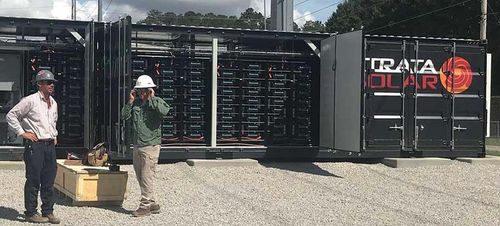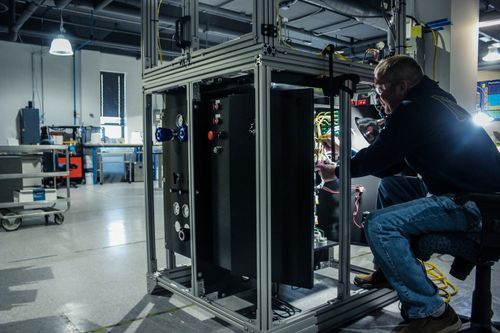NovoHydrogen, a renewable hydrogen developer based in Colorado, has hired Jason Harris as director of project development, according to a post on LinkedIn.
Harris previously worked as a director of market strategy at AES Clean Energy and before that held positions at sPower and NextEra Energy Resources.
He will be joining a team mandated to develop and deliver renewable hydrogen solutions to large-scale industrial, transportation, and power sector customers, his post reads.
NovoHydrogen and TigerGenCo in November said they would advance development of green hydrogen capacity to reduce reliance on natural gas at the Bayonne Energy Center located in New Jersey. NovoHydrogen will develop and operate the hydrogen production facility to reduce Bayonne’s carbon emissions.
The company is also a partner in the Aliance for Clean Hydrogen Energy Systems (ARCHES) for the California DOE Hydrogen Hub submission.
Harris did not respond to a request for comment.






